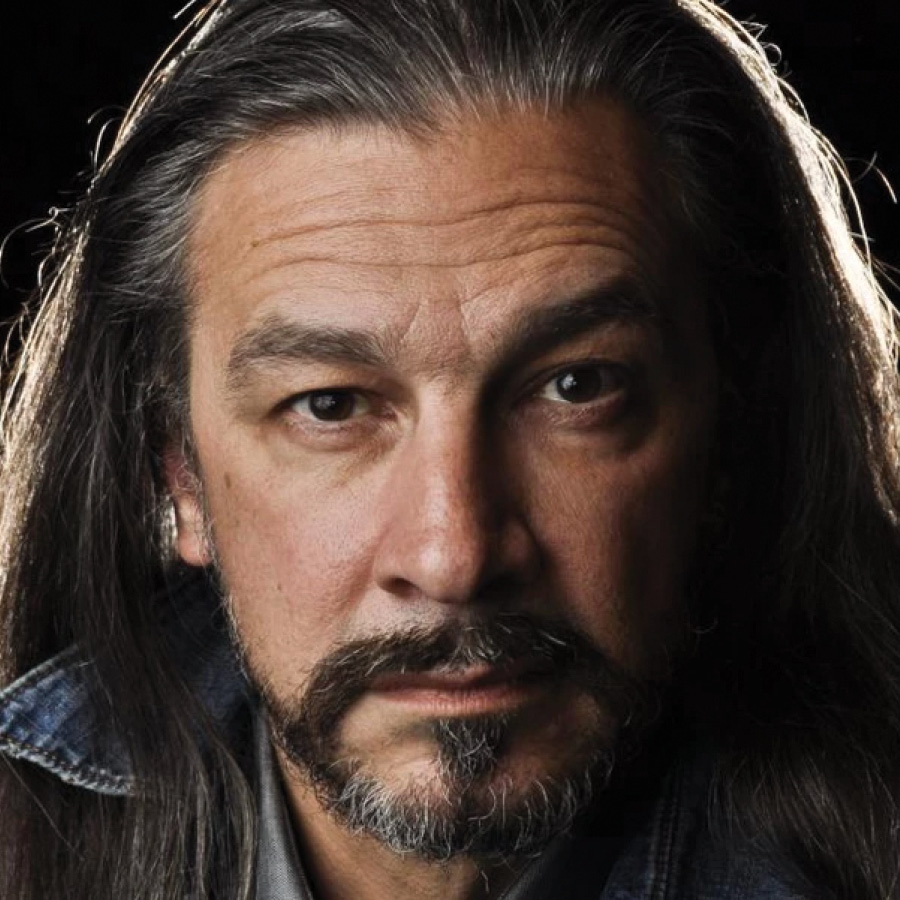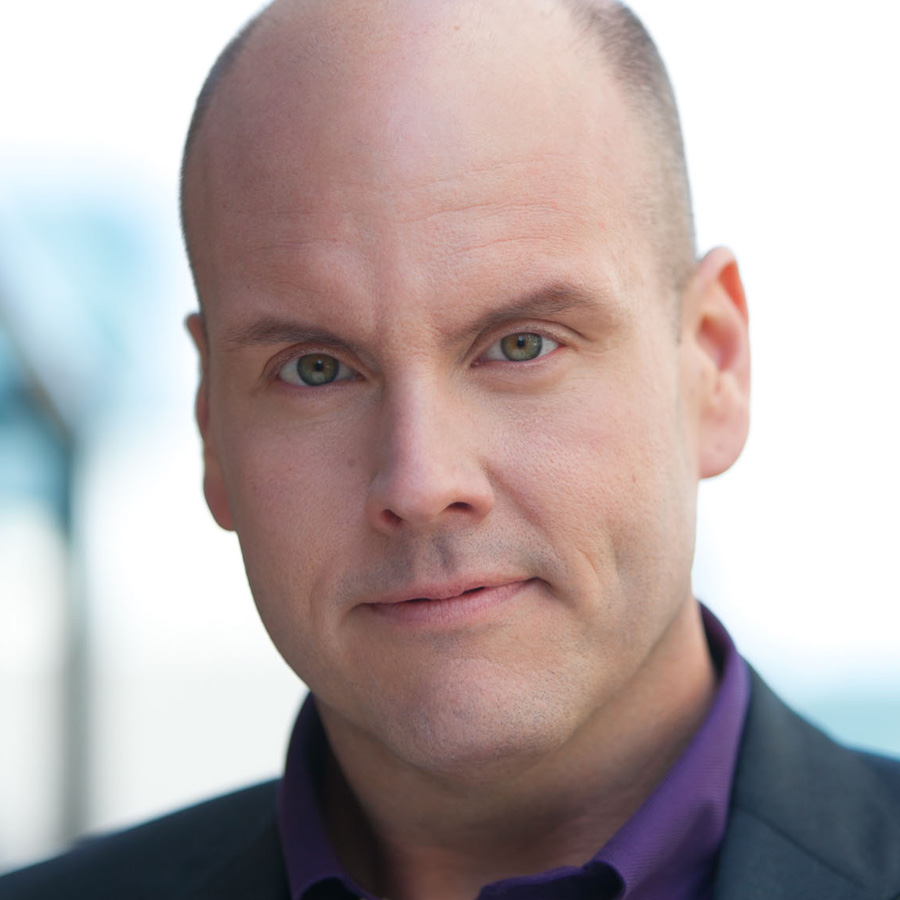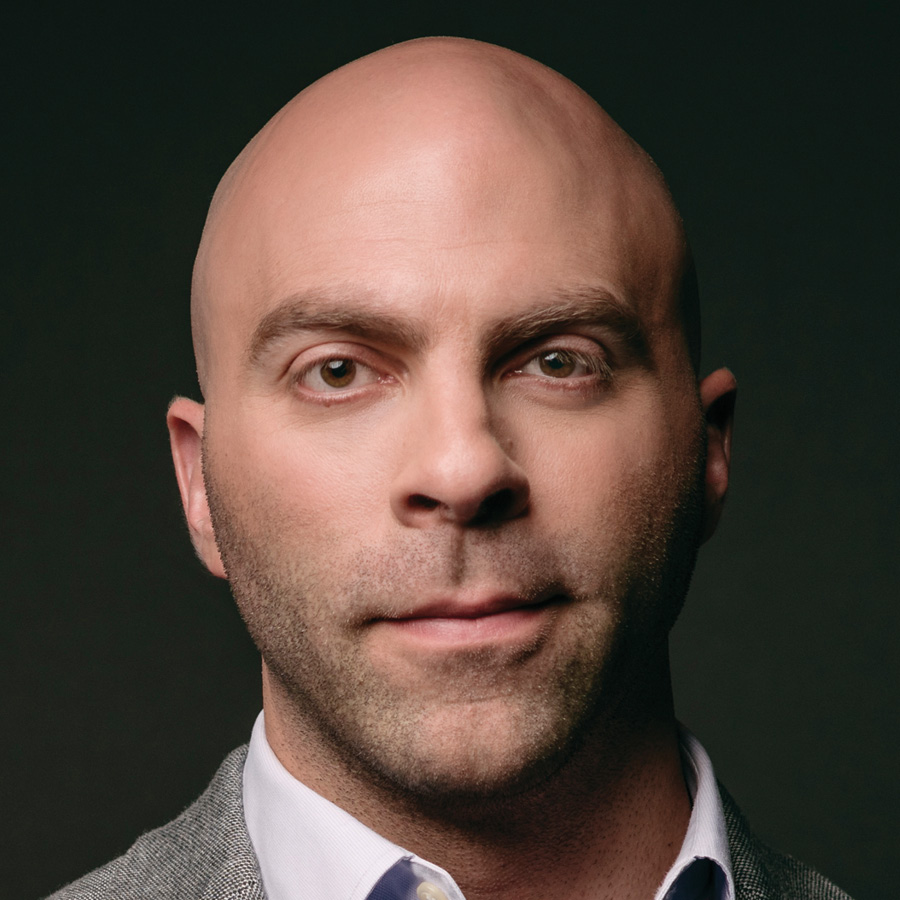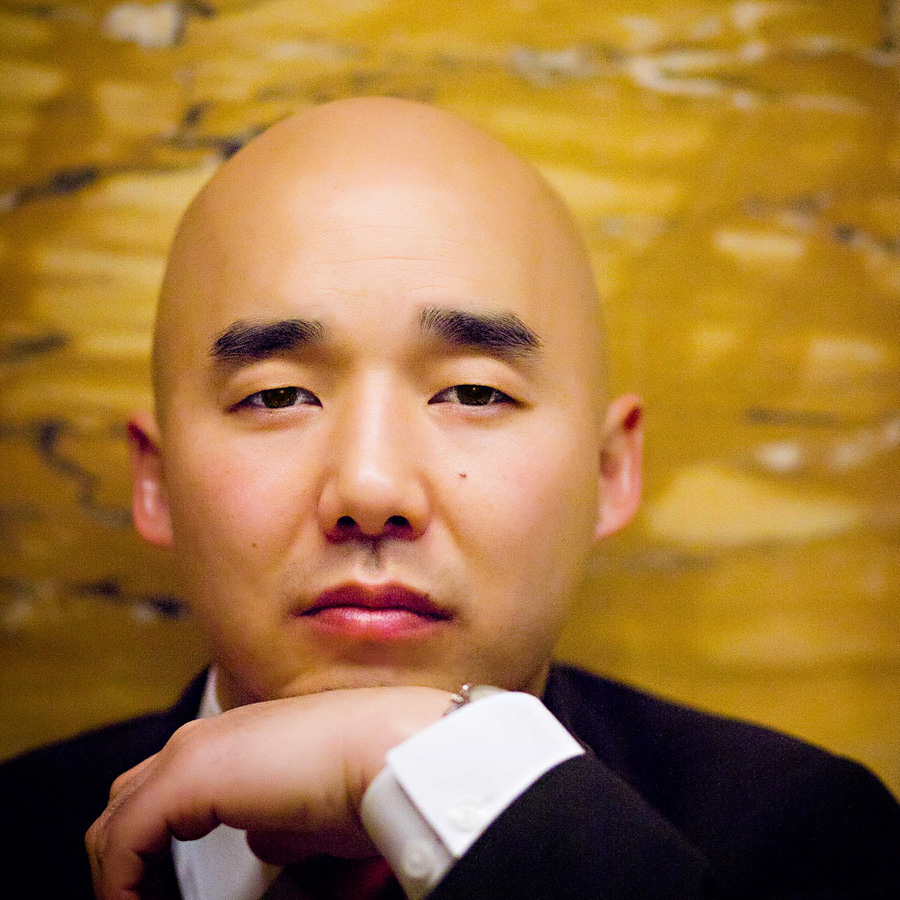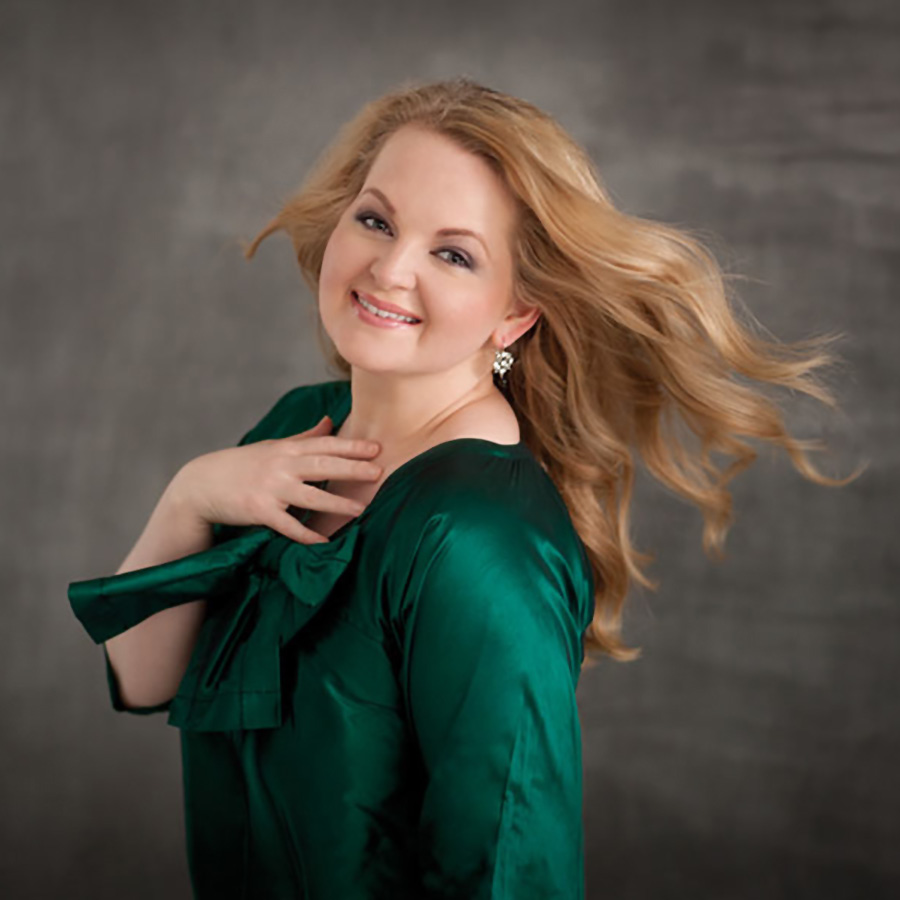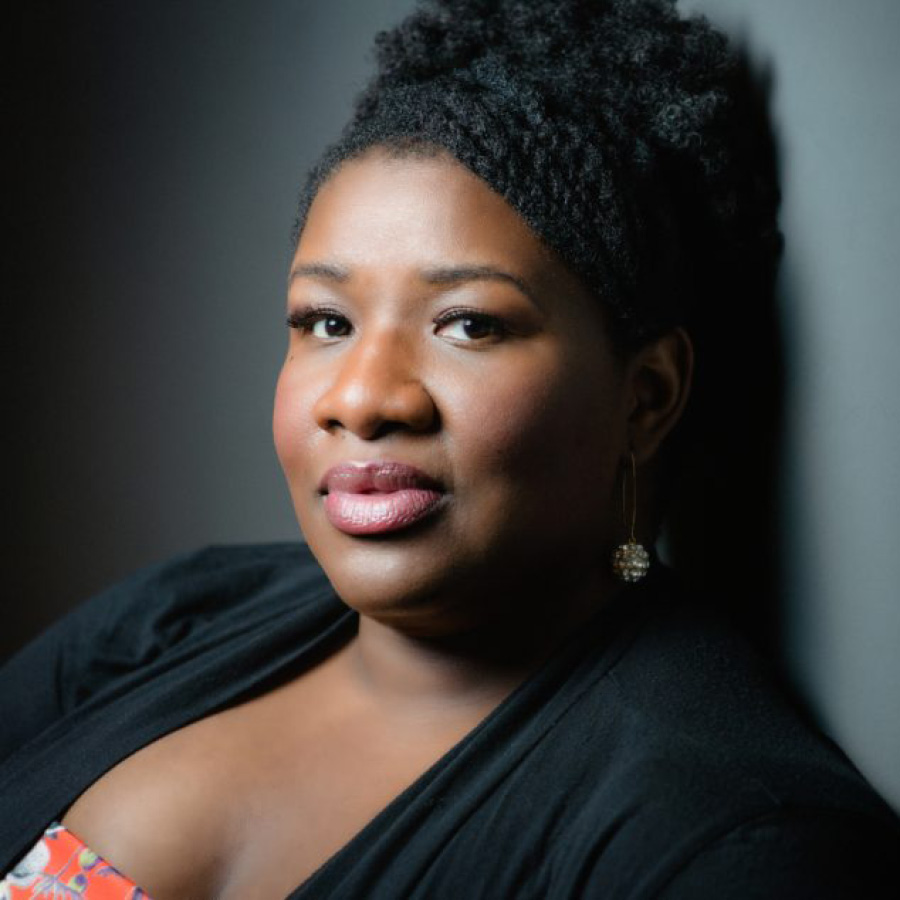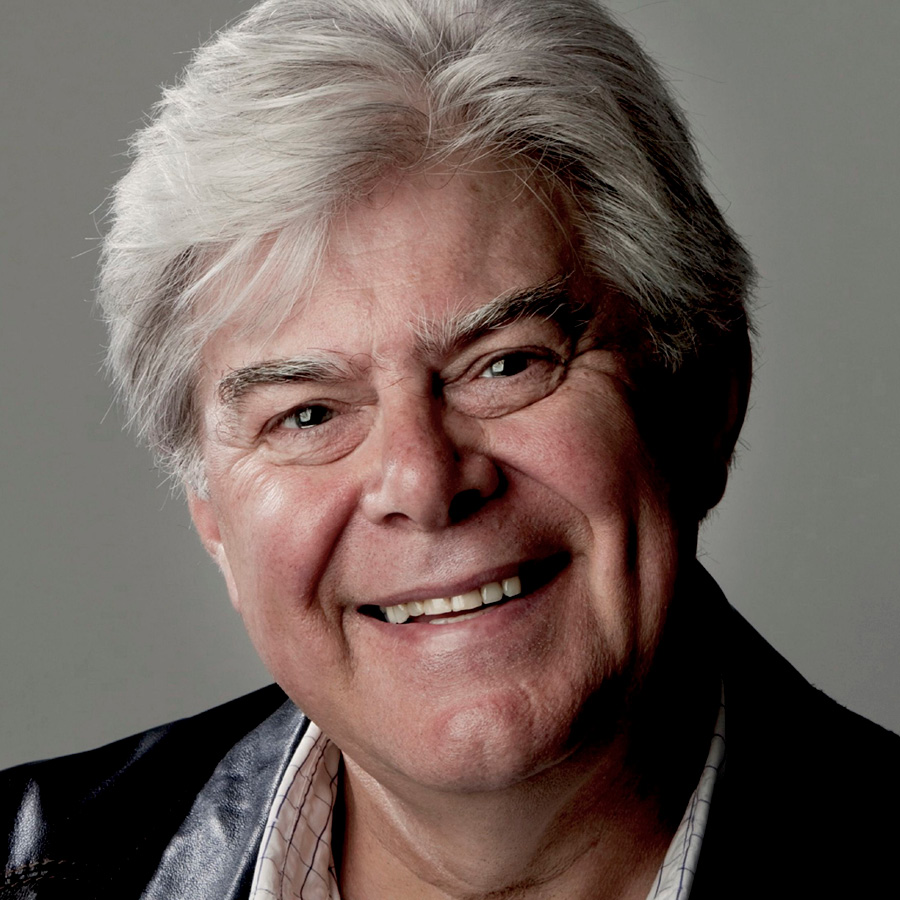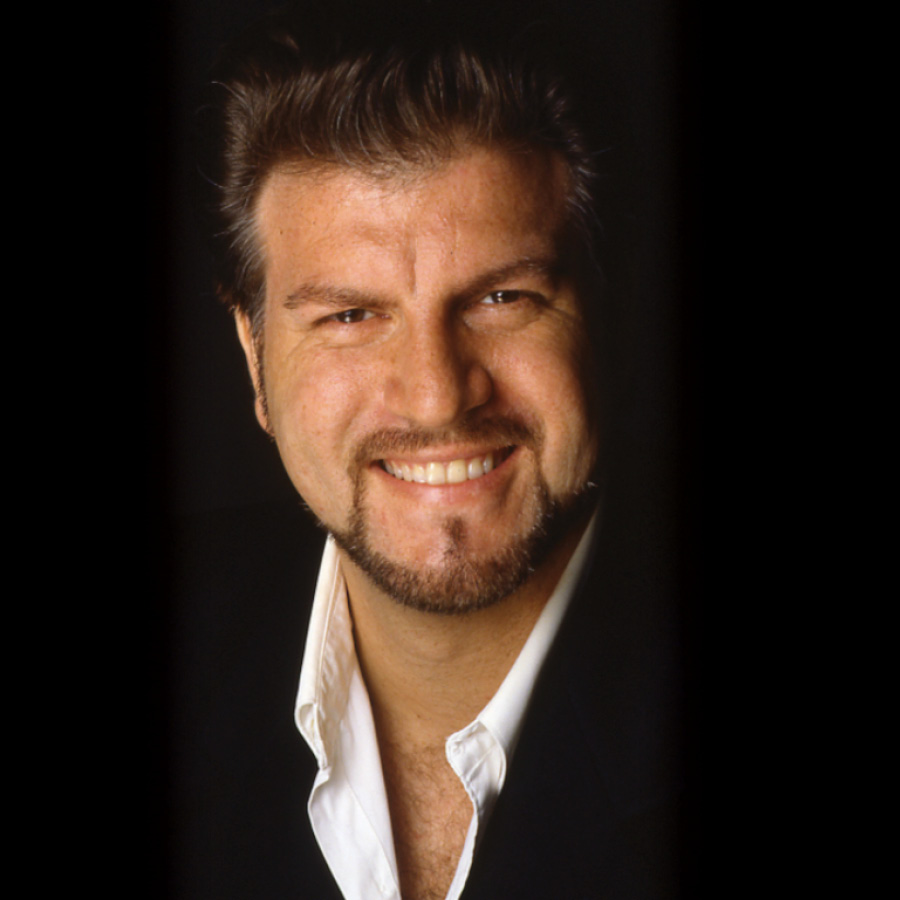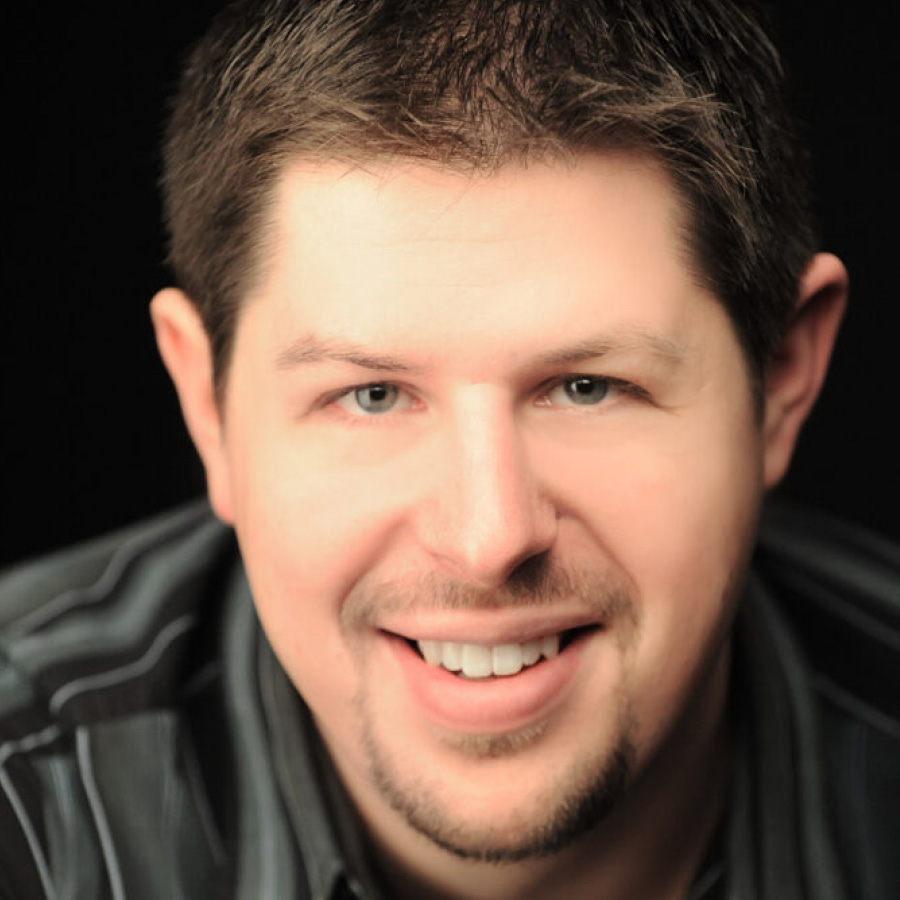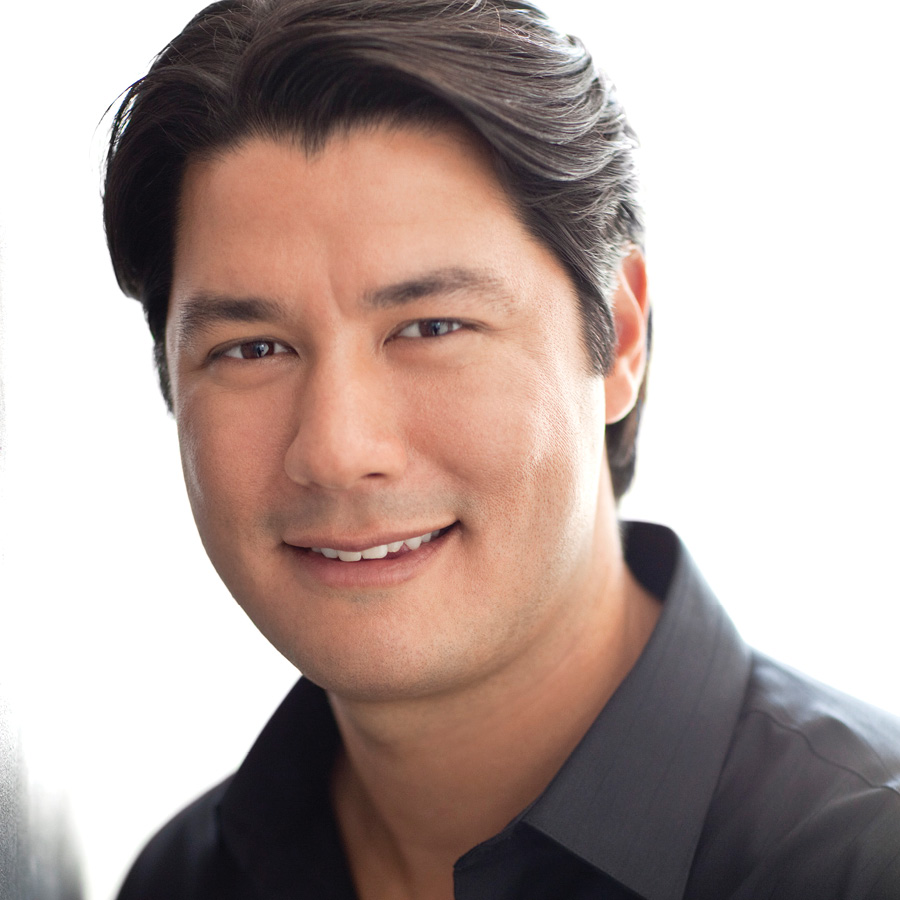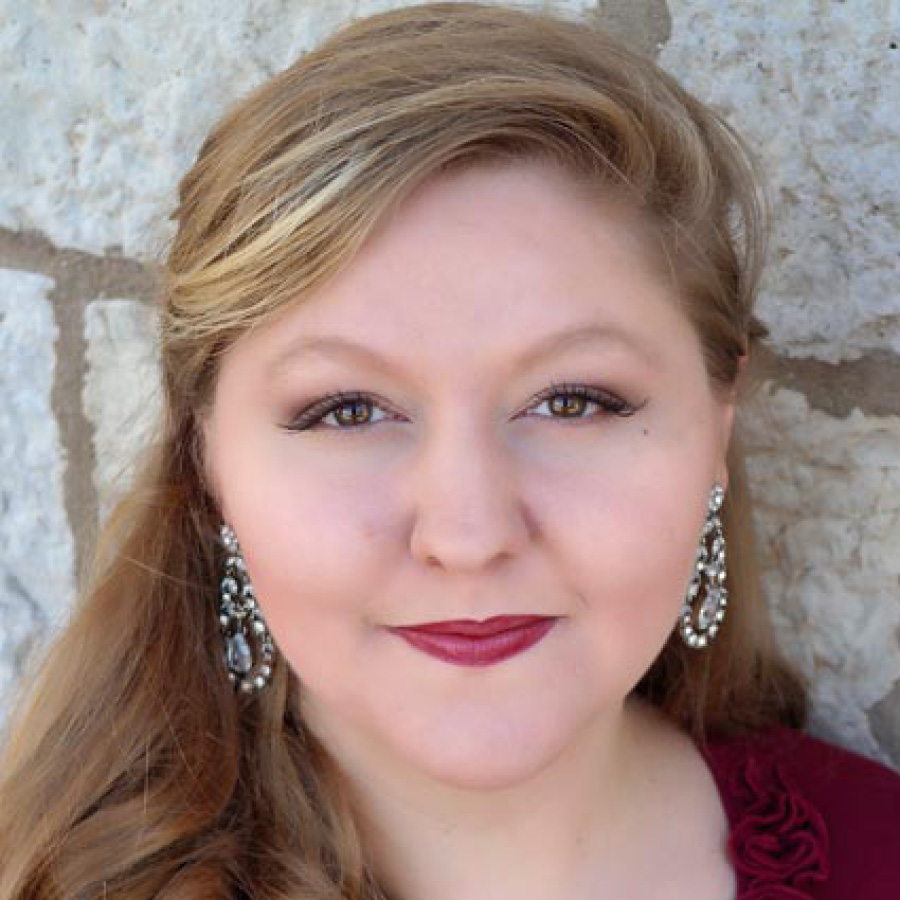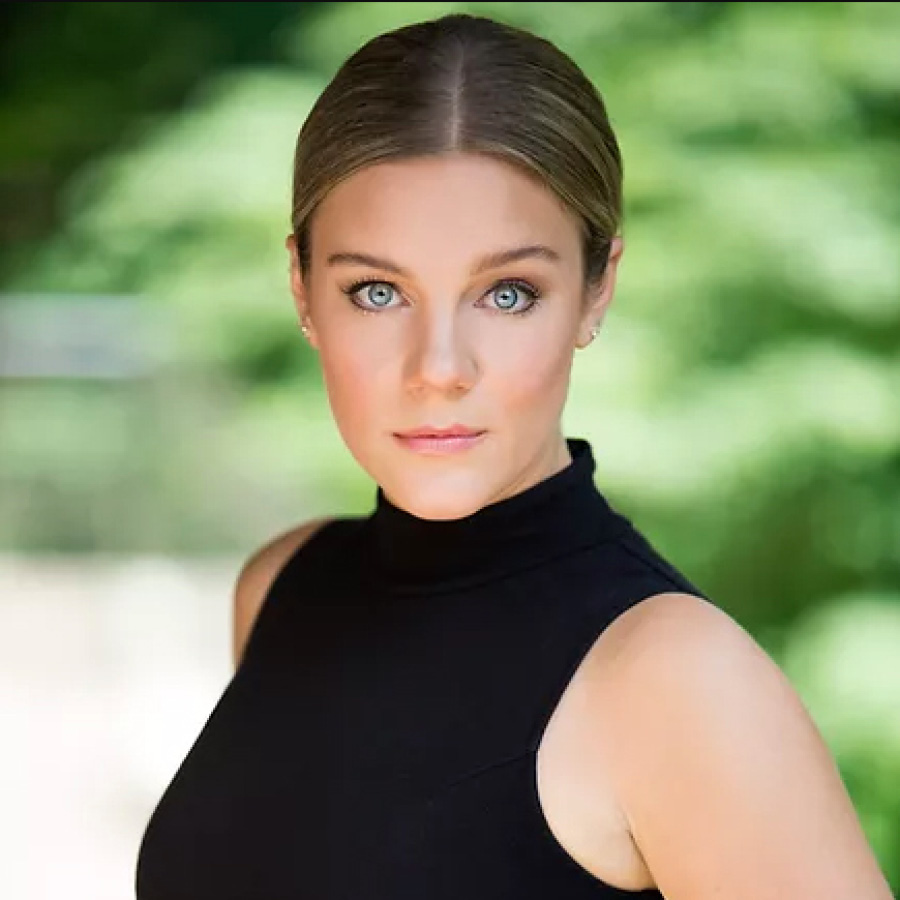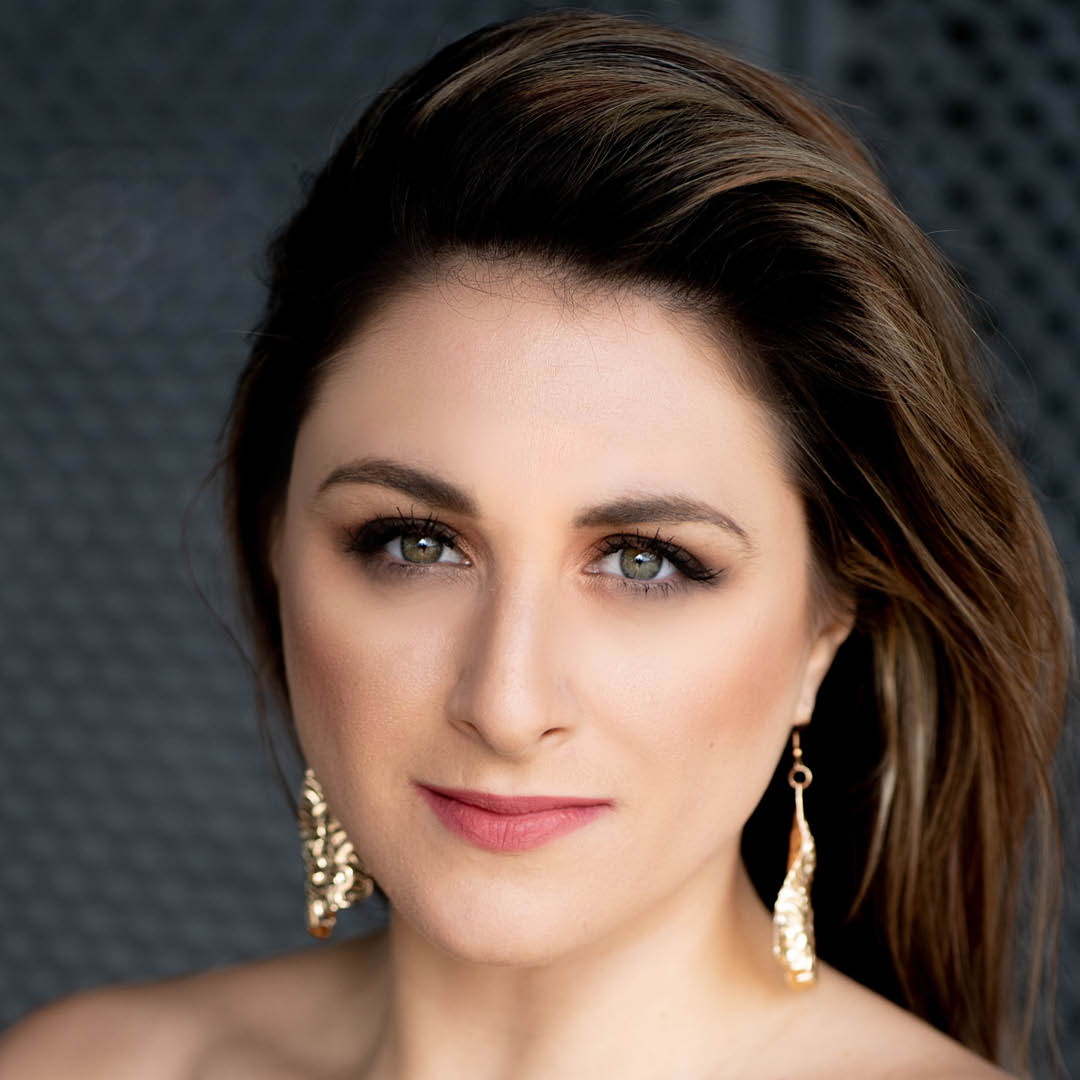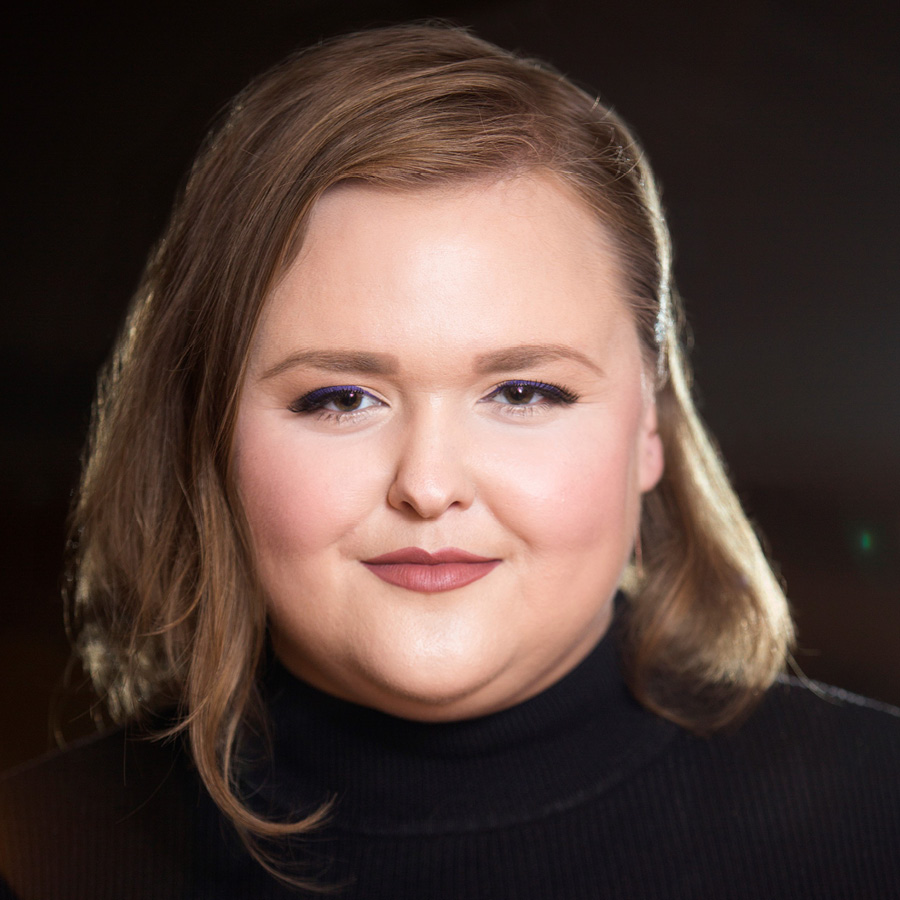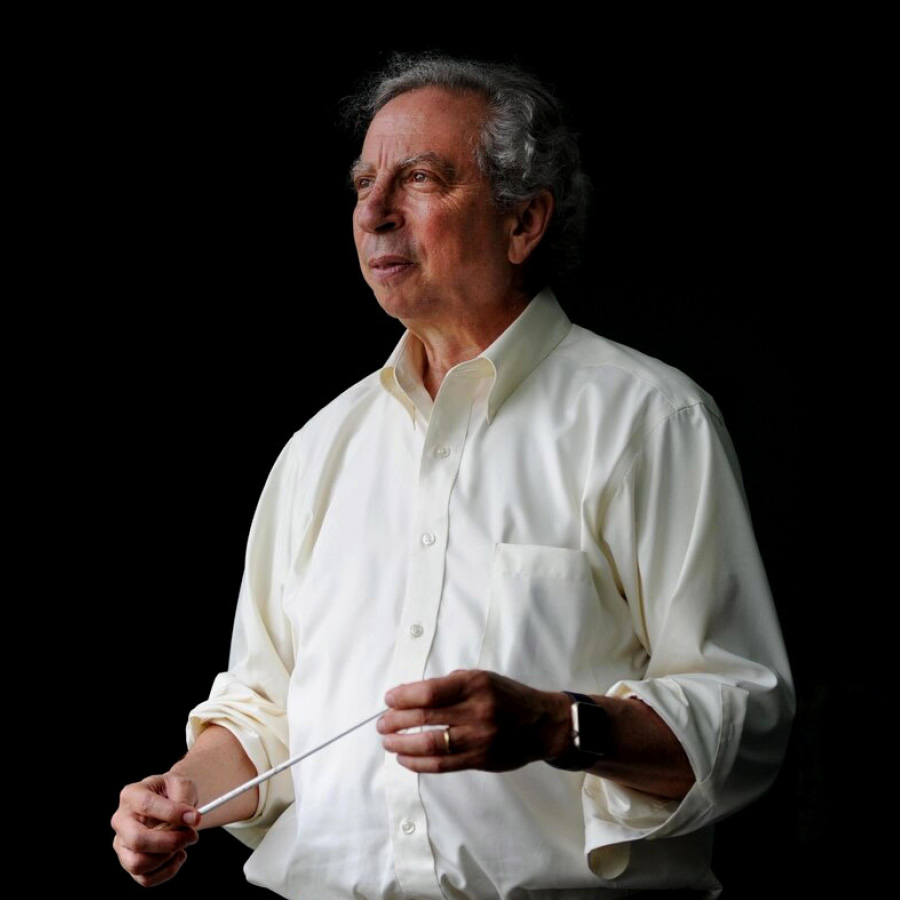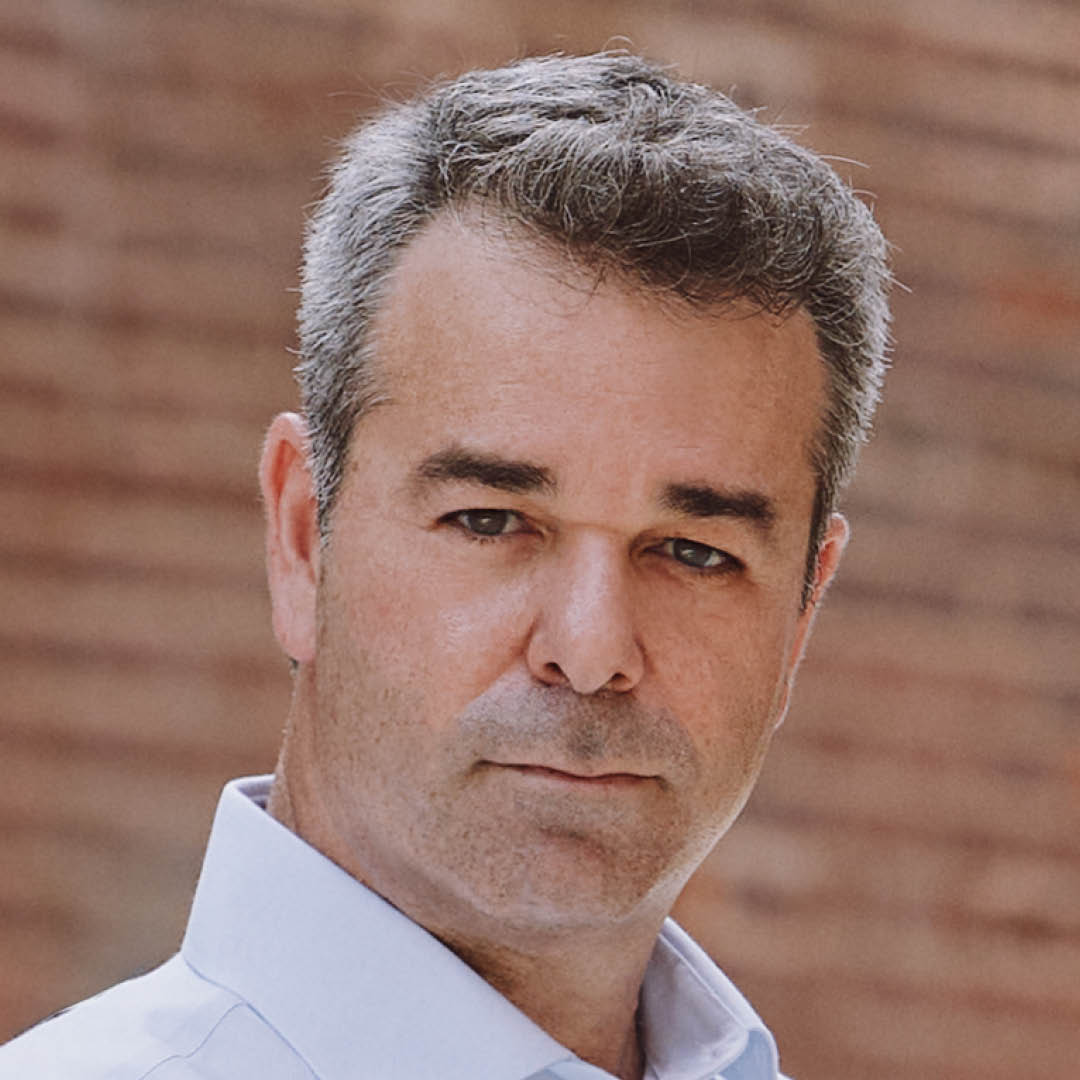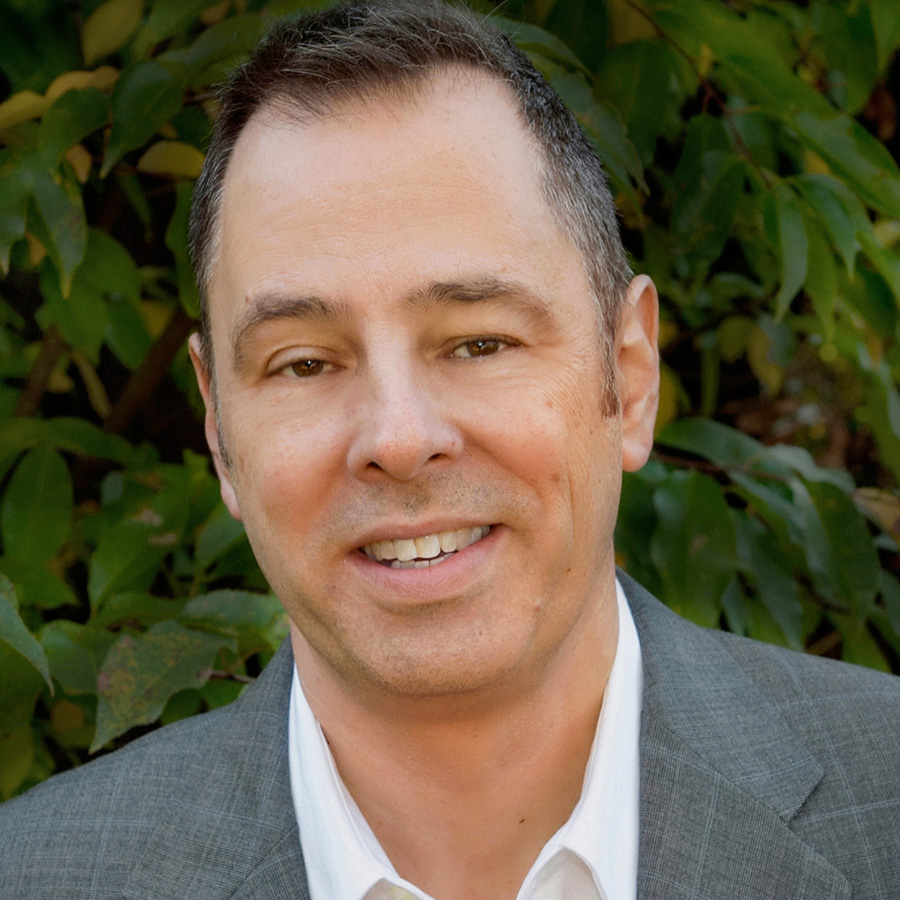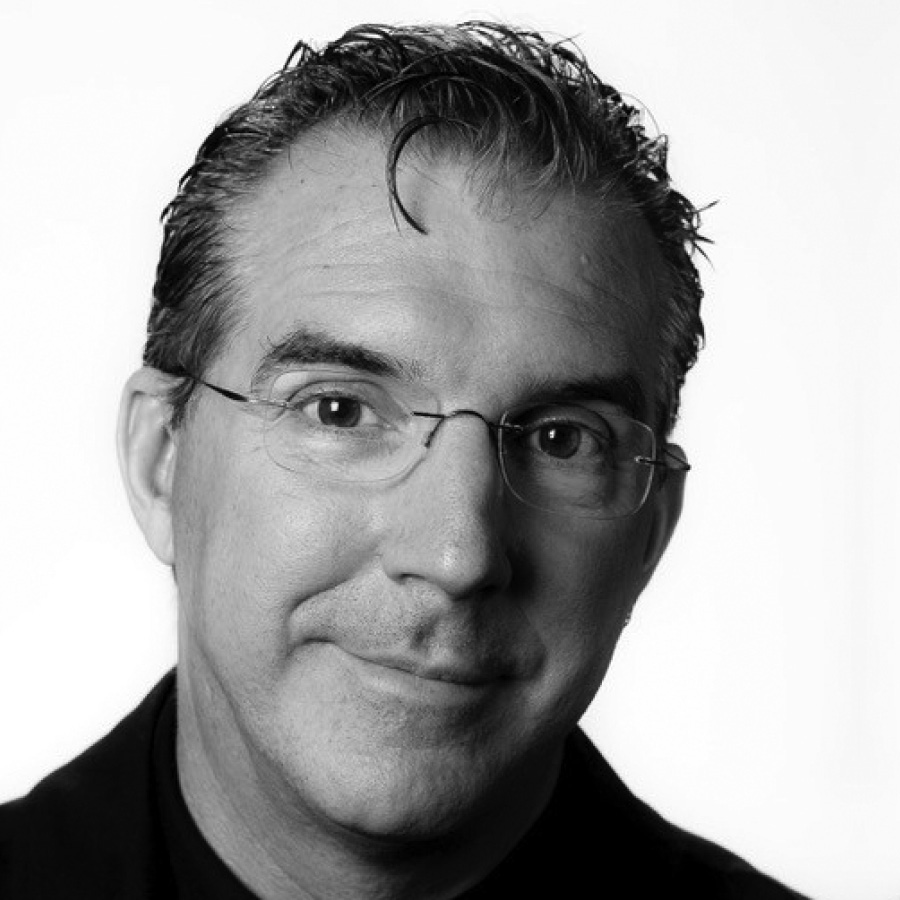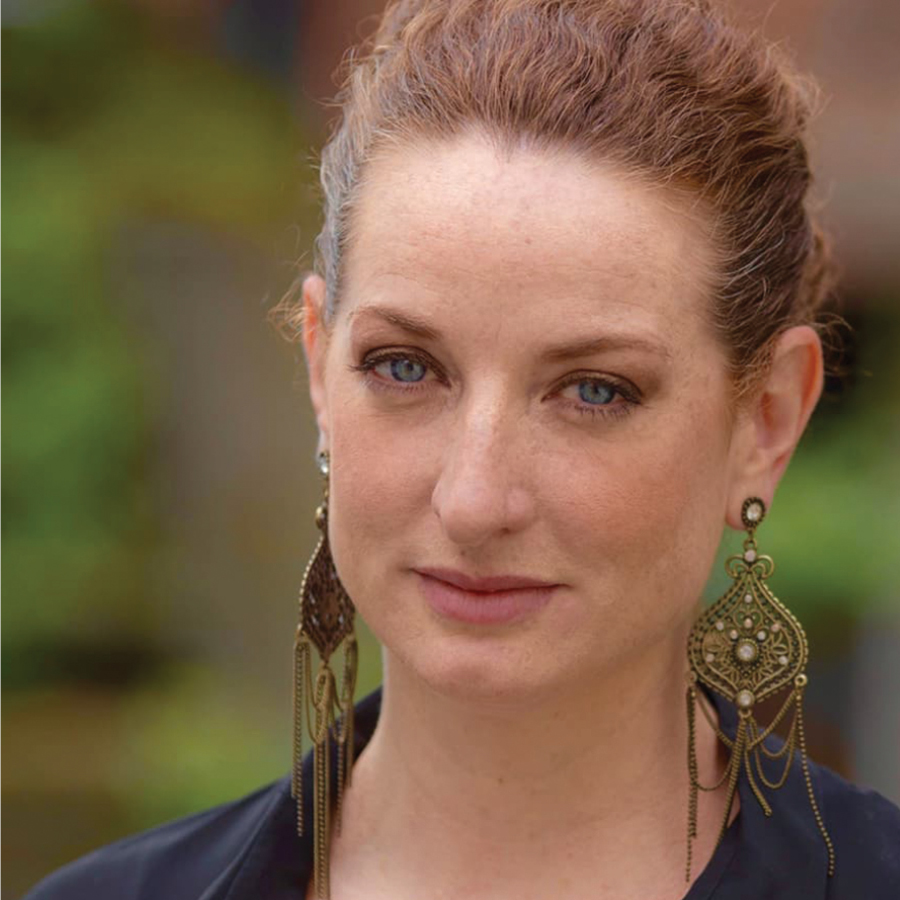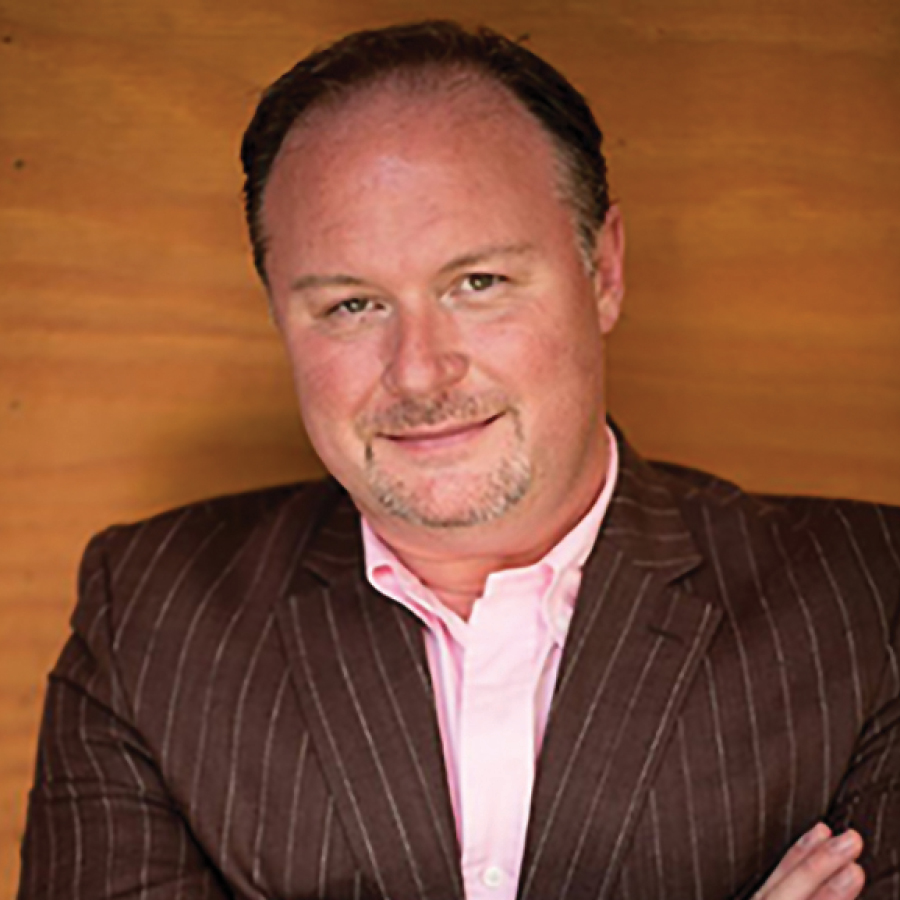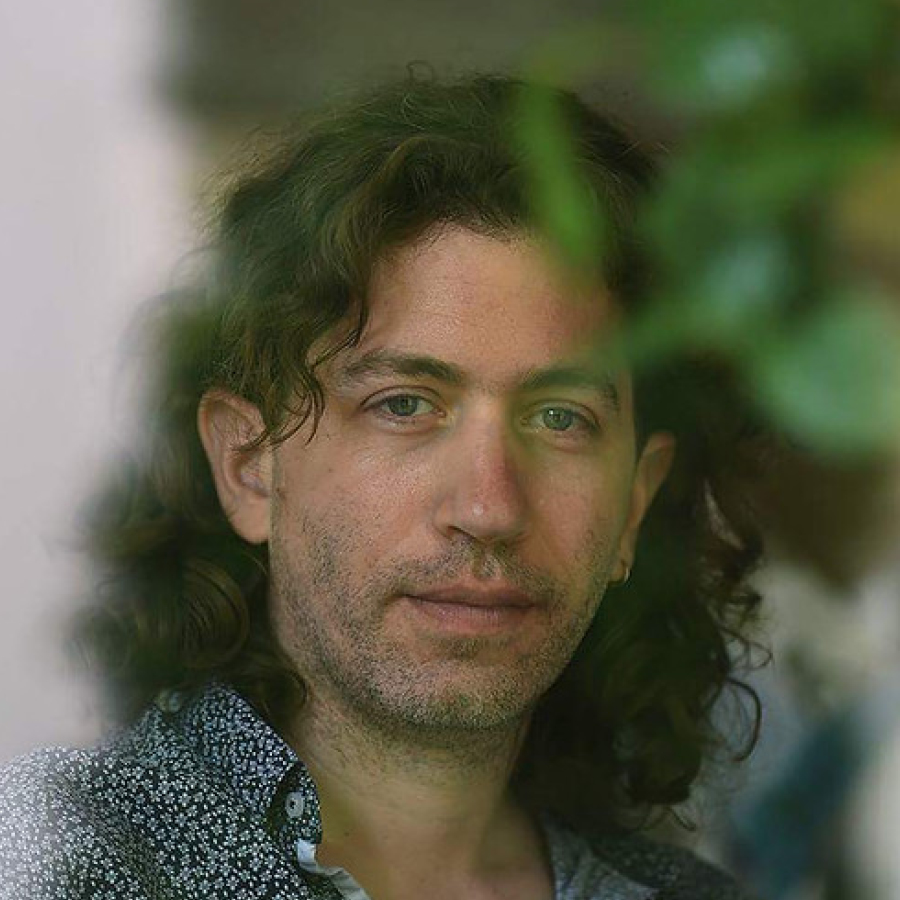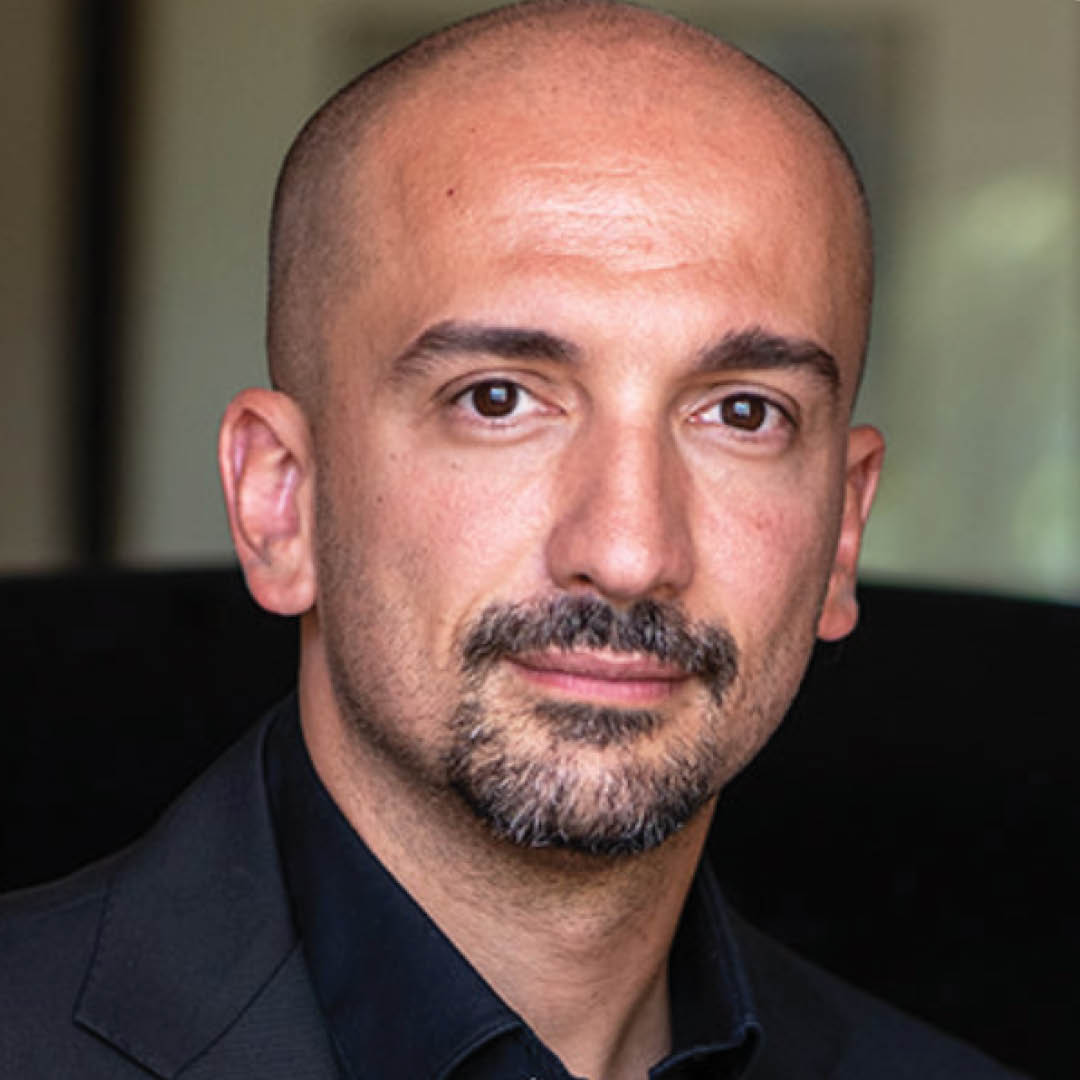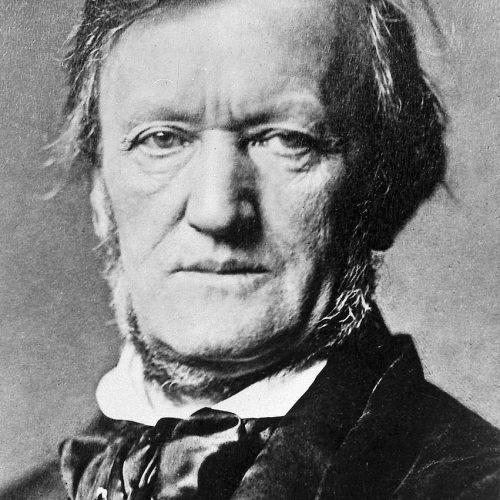ACT I
In the depths of the Rhine, the three Rhinemaidens guard the Rhinegold, a treasure of immeasurable value. The Nibelung dwarf Alberich is dazzled by the sight of it. The girls explain that whoever wins the gold and forges it into a ring will gain power over the world, but must first renounce love. Frustrated by his unsuccessful attempts to catch one of the girls, Alberich curses love and steals the gold.
Wotan, lord of the gods, is reproached by his wife Fricka: he has promised to give Freia, goddess of youth, to the giants Fasolt and Fafner in return for their building a fortress for the gods. When the giants demand their reward, Loge, the god of fire, suggests an alternative payment: the ring Alberich has forged from the Rhinegold, and his other treasures. The giants agree, and Wotan and Loge leave for the Nibelungs’ underground home.
Here they meet Alberich’s brother Mime, who has forged the Tarnhelm, a magic helmet that transforms its wearer into any shape. Mime tells Wotan and Loge how Alberich has enslaved the Nibelungs to work for him. Alberich appears and mocks the gods. Loge asks for a demonstration of the Tarnhelm and Alberich turns himself into a dragon, then into a toad, which the gods capture. Dragged to the surface, the dwarf is forced to summon the Nibelungs to heap up the gold. Wotan wrests the ring from his finger. Shattered, Alberich curses the ring: ceaseless worry and death shall be the destiny of its bearer.
The giants return and agree to accept the gold. The gods have to give up even the Tarnhelm, but Wotan refuses to part with the ring. Erda, goddess of the earth, appears and warns him that possession of it will bring about the end of the gods. Wotan reluctantly gives the ring to the giants, and Alberich’s curse claims its first victim as Fafner kills his brother in a dispute over the treasure. As the voices of the Rhinemaidens are heard, lamenting the loss of their gold, the gods walk toward their new home, which Wotan names Valhalla.
– courtesy of the Metropolitan Opera
